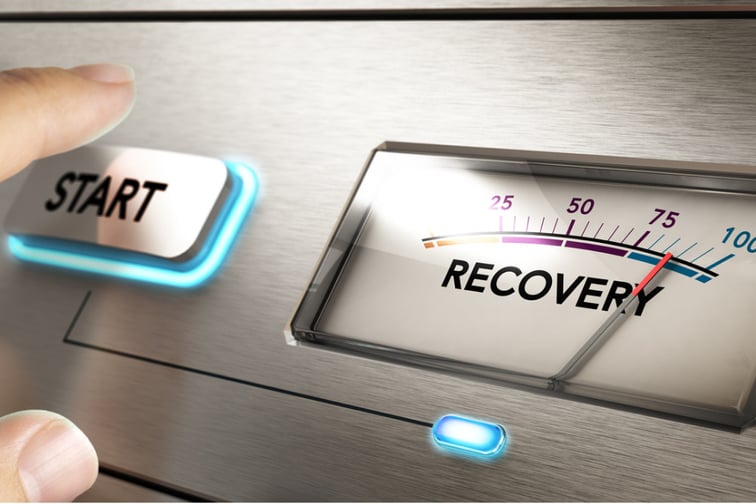

Natural disaster funding in Australia is used primarily for recovery, rather than preparation and mitigation, according to a recent report.
The report, commissioned by Minderoo Foundation and conducted by Deloitte Access Economics, estimated that natural disasters had cost $120 billion over the past 50 years. That bill is expected to hit $150 billion over the next decade and continue to rise to $1 trillion by 2050.
However, despite the natural disaster bill continuing to climb, Deloitte Access Economics found that only 3% of disaster funding goes to preparation and mitigation.
Deloitte Access Economics lead partner Dr Pradeep Philip stated that the report’s findings should lead to reforms to address climate change’s impacts and help communities mitigate further disasters because they are “intrinsically linked.”
“For Australia, mitigation alone will not be enough,” Dr Philip said, as reported by The Sydney Morning Herald. “Adaptation requires adjusting to actual or expected future climate changes to reduce our vulnerability to asset and customer risks.”
Andrew Gissing, general manager of natural disaster consultancy Risk Frontiers, emphasised the significance of immediately discussing and implementing big-scale projects to mitigate future natural disasters because they take decades to complete.
He suggested retarding basins and levees to reduce flood damage, preparing housing stock for more intense cyclones in northern Australia, and enhancing building standards for bushfire mitigation.
“Insurance losses from floods and tropical cyclones present the greatest risk of financial impacts to Australia,” Gissing warned, as reported by The Sydney Morning Herald.
Last month, the government released draft legislation on the cyclone reinsurance pool, which aims to help households and small businesses in cyclone‑prone areas access and afford insurance.
However, the insurance industry found the draft unsatisfying, pushing the Northern Australia Insurance Lobby (NAIL) to host a constructive discussion with MPs during the same month. It has also been working with the government to ensure that the legislation is right for consumers and offered some recommendations to improve the bill.
